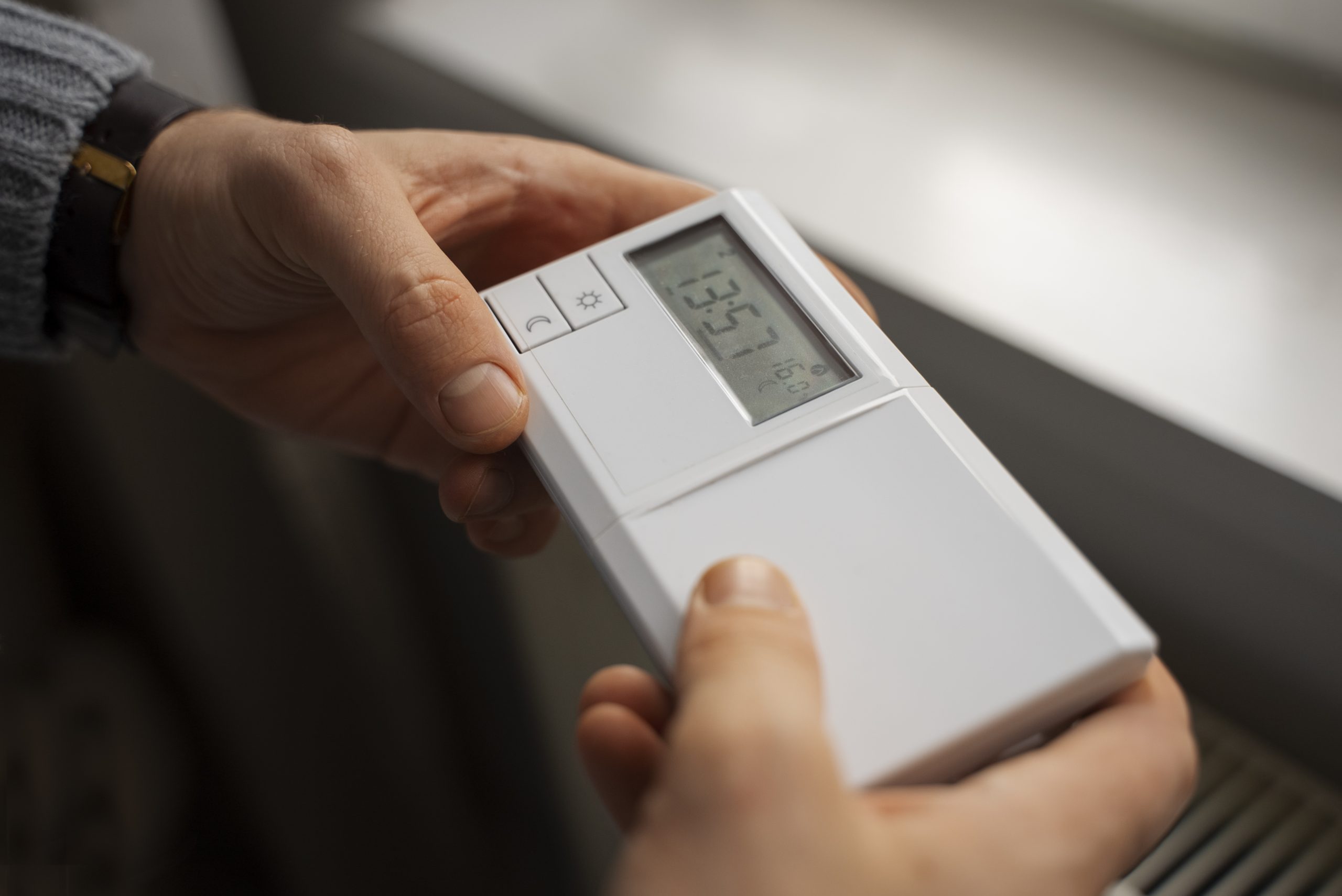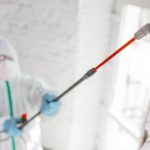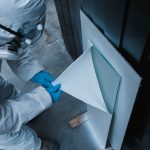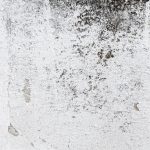
Indoor air quality is crucial for maintaining a healthy home environment, particularly in regions like Southwest Florida where humidity levels can promote mold growth. Improving air quality and preventing mold involves a combination of proper ventilation, regular maintenance, and mindful habits. Here’s how you can achieve better indoor air quality and keep mold at bay.
Understanding the Importance of Indoor Air Quality
Poor indoor air quality can lead to a range of health issues, including allergies, asthma, and respiratory problems. Mold is a common indoor air pollutant that can exacerbate these conditions. By improving air quality, you can create a healthier living environment for you and your family.
Steps to Improve Indoor Air Quality
1. Maintain Proper Ventilation
Proper ventilation is key to reducing indoor pollutants and controlling moisture levels:
- Use Exhaust Fans: Install exhaust fans in bathrooms, kitchens, and laundry rooms to remove excess moisture and odors.
- Open Windows: When weather permits, open windows to allow fresh air to circulate and dilute indoor pollutants.
- Install Ventilation Systems: Consider installing a whole-house ventilation system to improve air exchange and maintain optimal humidity levels.
2. Control Humidity Levels
High humidity levels can promote mold growth. Aim to keep indoor humidity between 30% and 50%:
- Use Dehumidifiers: Dehumidifiers help remove excess moisture from the air, especially in damp areas like basements and bathrooms.
- Air Conditioners: Air conditioners can also help control humidity by cooling and dehumidifying the air.
- Monitor Humidity: Use a hygrometer to monitor indoor humidity levels and adjust your dehumidification efforts accordingly.
3. Regular Cleaning and Maintenance
Keeping your home clean and well-maintained can significantly improve indoor air quality:
- Dust and Vacuum Regularly: Dust and vacuum your home frequently to remove dust, pet dander, and other allergens. Use a vacuum with a HEPA filter for best results.
- Clean Air Ducts: Have your HVAC system’s air ducts cleaned regularly to prevent the buildup of dust and mold.
- Change HVAC Filters: Replace HVAC filters every 1-3 months to ensure they effectively capture airborne particles.
4. Use Air Purifiers
Air purifiers can help remove airborne pollutants, including mold spores:
- HEPA Filters: Choose air purifiers with HEPA filters, which can capture 99.97% of particles as small as 0.3 microns.
- Placement: Place air purifiers in high-traffic areas and rooms where you spend the most time, such as bedrooms and living rooms.
5. Avoid Indoor Pollutants
Minimize the use of products that can release harmful chemicals into the air:
- Use Natural Cleaning Products: Opt for non-toxic, natural cleaning products to reduce exposure to volatile organic compounds (VOCs).
- Avoid Smoking Indoors: Tobacco smoke contains numerous harmful chemicals that can degrade indoor air quality.
- Limit Use of Pesticides: Use natural pest control methods whenever possible and ventilate your home well if you must use chemical pesticides.
Preventing Mold Growth
Preventing mold growth is essential for maintaining good indoor air quality. Here are some additional tips:
1. Address Water Leaks Immediately
Water leaks can lead to mold growth if not addressed promptly:
- Fix Leaks: Repair any leaks in roofs, walls, and plumbing as soon as they are discovered.
- Inspect Regularly: Regularly inspect areas prone to leaks, such as under sinks, around windows, and in basements.
2. Dry Wet Areas Quickly
Mold can start growing within 24-48 hours of water exposure:
- Dry Spills and Leaks: Clean and dry spills and leaks immediately to prevent moisture buildup.
- Use Fans and Dehumidifiers: After cleaning up water, use fans and dehumidifiers to dry the area thoroughly.
3. Use Mold-Resistant Products
When building or renovating, choose materials that resist mold growth:
- Mold-Resistant Drywall and Paint: Use mold-resistant drywall and paint in areas prone to moisture, such as bathrooms and basements.
- Waterproofing Products: Apply waterproofing products to basements, foundations, and other areas susceptible to moisture intrusion.
Case Study: Improving Air Quality in Spring Hill
A homeowner in Spring Hill experienced persistent allergy symptoms and suspected poor indoor air quality. QCI conducted a comprehensive air quality test and found high levels of mold spores and dust mites. Our team installed HEPA air purifiers, dehumidifiers, and improved the home’s ventilation system. We also provided mold remediation services to address hidden mold in the basement. The homeowner noticed a significant improvement in air quality and a reduction in allergy symptoms.
Improving indoor air quality and preventing mold growth is essential for a healthy home environment. By following these steps, you can reduce indoor pollutants and control humidity levels, ensuring clean air for you and your family.
If you suspect mold or need assistance improving your indoor air quality, contact QCI today. We offer expert mold testing, removal, and air quality improvement services in Southwest Florida, including Spring Hill. With over 28 years of experience, our team is dedicated to providing safe and effective solutions. Call us at (239) 777-2875 or visit our website at QCI Online to schedule a free inspection. Let us help you breathe easier and live healthier.






